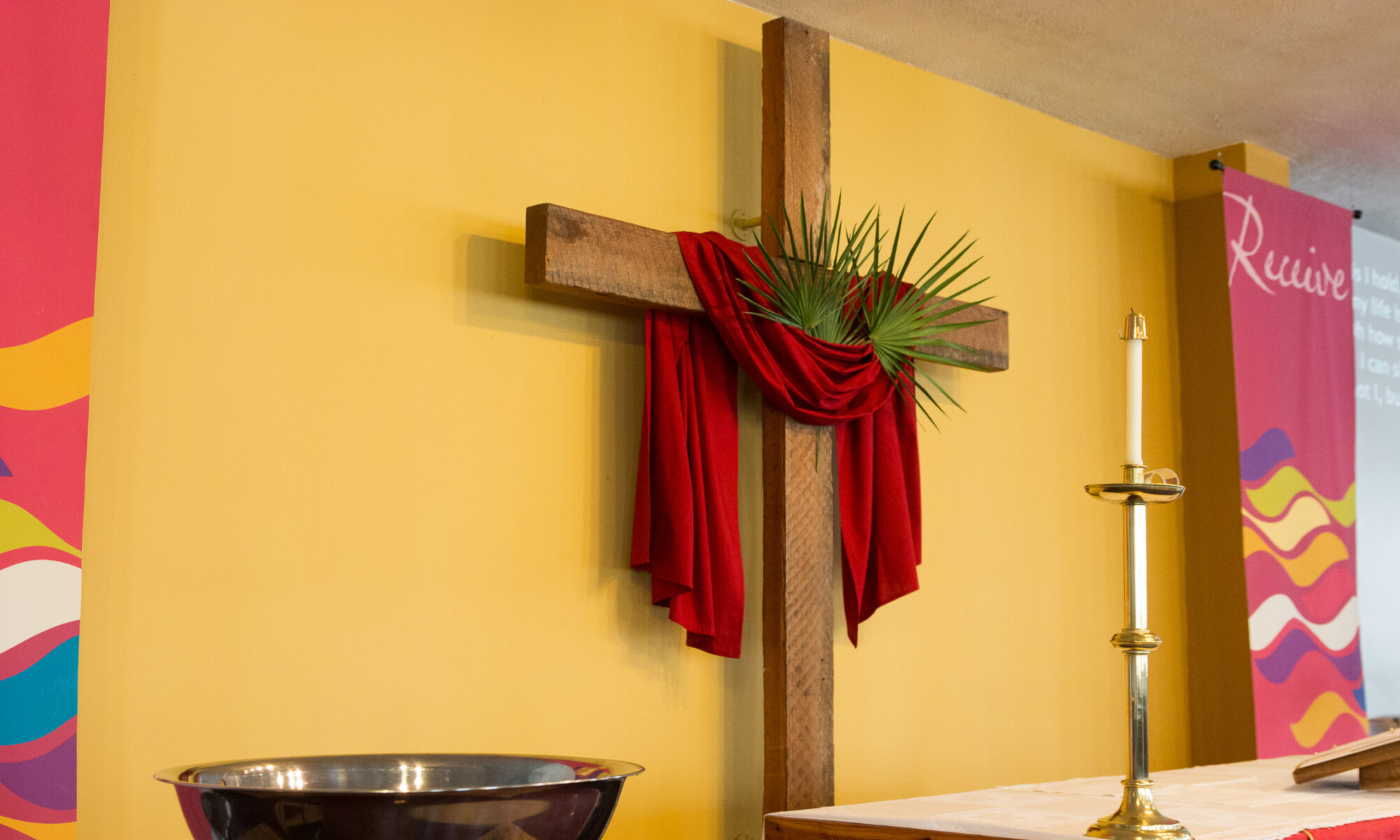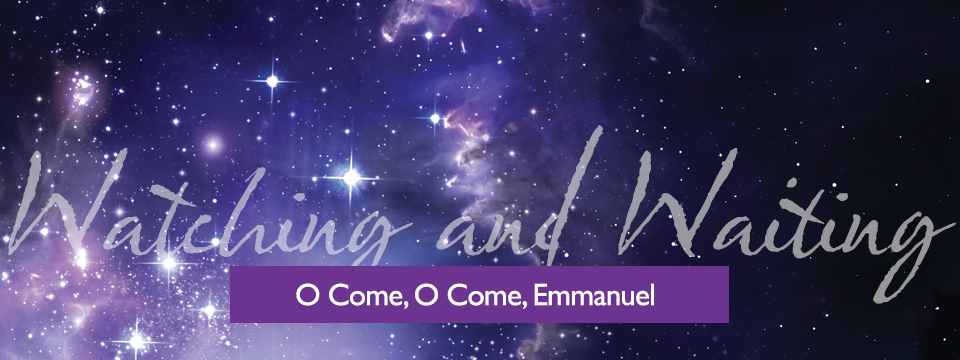The Season of Advent not only begins the Church’s year, it helps shape it. It invites the church at the beginning of its year to embrace once again three aspects of our spiritual lives.
A Spirit of Expectation: Advent reminds us that the Story in which we live — the story of creation, redemption and consummation — has not yet reached its glorious end. The lessons and liturgy of Advent focus our attention upon that glorious end and upon the event in time that alone makes it possible, the Incarnation of the Son of God.
A Spirit of Preparation: The clarion calls of Advent — keep awake, be ready — remind us of the need to constantly re-shape our lives in the light of that glorious end, and of the seductive pressures around us that make that difficult. Historically, Advent began as a means of preparing converts for baptism on the Feast of Epiphany on January 6; but became universally embraced as a reminder that all of the Christian life is preparation for glory.
A Spirit of Repentance: While the theme of repentance is less prominent in Advent than in Lent, it is not entirely absent. It was the evangelistic preaching of the Celt’s during the Middle Ages which focused on the goodness of the coming day of Judgment, the eradication of evil, and of our only appropriate response to it — the repentance and amendment of life. We retained this theme within the Advent season. Liturgically this is marked by the more somber tone of the liturgy and our willingness to refrain from singing “Alleluia” until the celebration of Christmas.
The entire Christian life should be marked with a spirit of expectation, preparation and repentance. At Christ the Redeemer we embrace the Advent spirit corporately and encourage each of us to do so personally.
My soul proclaims the greatness of the Lord, my spirit rejoices in God my Savior. Come let us walk in the light of the Lord!



